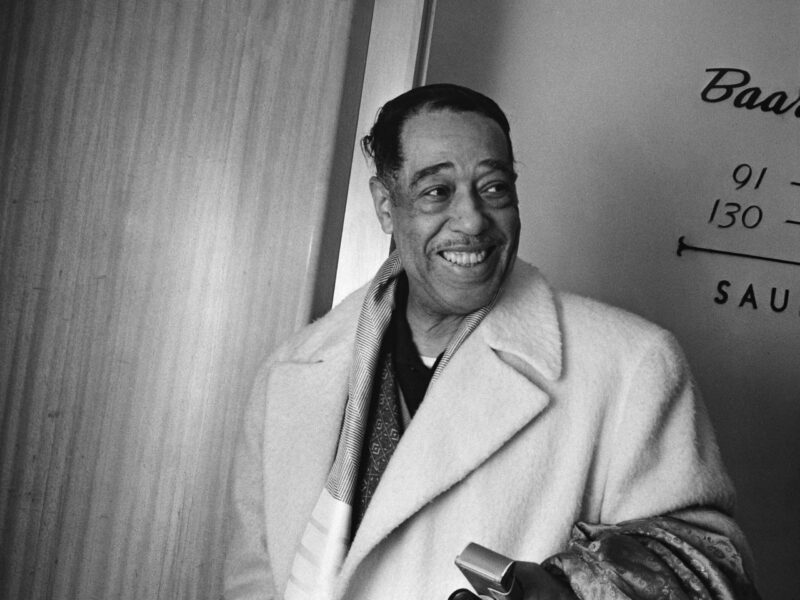It seems that we’re about to be graced by a “new & improved” version of Mark Twain’s classic Huckleberry Finn. Apparently, a Twain scholar from Auburn University has gone ahead and isolated the 219 times that the “N” word shows up in the novel, substituting the word “runaway slave” in each instance. (Now why couldn’t they just celebrate the Tigers first football championship in half a century and leave it at that?) I understand that Huck’s use of the objectionable “Injun” will also be discarded down the memory chute. Hmmm…
My first reaction: It’s kind of like an art curator putting the Mona Lisa back up on the easel and saying, “Oh, what just a touch of burnt sienna could do for that smile!”
In “Hiding the real Twain – and real history,” the Miami Herald’s Leonard Pitts gives three good reasons why this is a bad idea:
1) “…any work of art represents a series of conscious choices on the part of the artist – what color to paint, what note to play, what word to use – in that artist’s attempt to share what is in his or her soul. The audience is free to accept or reject those choices; it is emphatically not free to substitute its own.”
2) “…it is never a good idea to sugarcoat the past….Even a cursory glance at the historical record will show that Twain’s use of the reprehensible word was an accurate reflection of that era.”
3) “…it is troubling to think that the state of reading comprehension in this country has become this wretched, that we have tweeted, PlayStationed and Fox Newsed so much of our intellectual capacity away that not only can our children not divine the nuances of a masterpiece, but that we will now protect them from having to even try.”
Turning personal, Huck Finn helped me through the deepest funk I have experienced: junior high. So did Atticus Finch and Hemingway’s Santiago. And of course, there was Holden Caulfield. (The main difference between us was that Holden had just been tossed out of boarding school while I was crouching in the “on deck” during my two years in junior boarding school.) Each of these characters possessed traits both admirable and troubling and we had to sort out how they applied to us.
I remember closing the book in 1967 after completing Huckleberry Finn. I sat there in the Spartan solitude of my dormitory room just thinking about it. (Let’s just say that I was the kind of kid who generally did not want his teachers to think that I gave a hoot about their assignments!) That was a good time.
However, as Pitts observes, that was also “before America became an intellectual backwater that would deem it necessary to censor its most celebrated author.”
I hope Pitts is right when he concludes, “The one consolation is that somewhere, Mark Twain is laughing his head off.”
Onward, Malcolm Gauld


